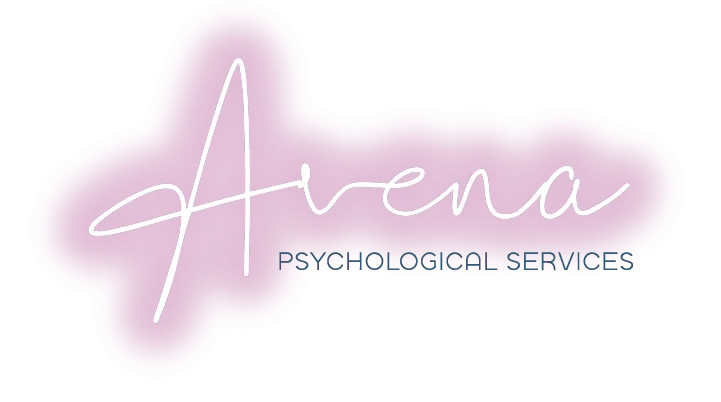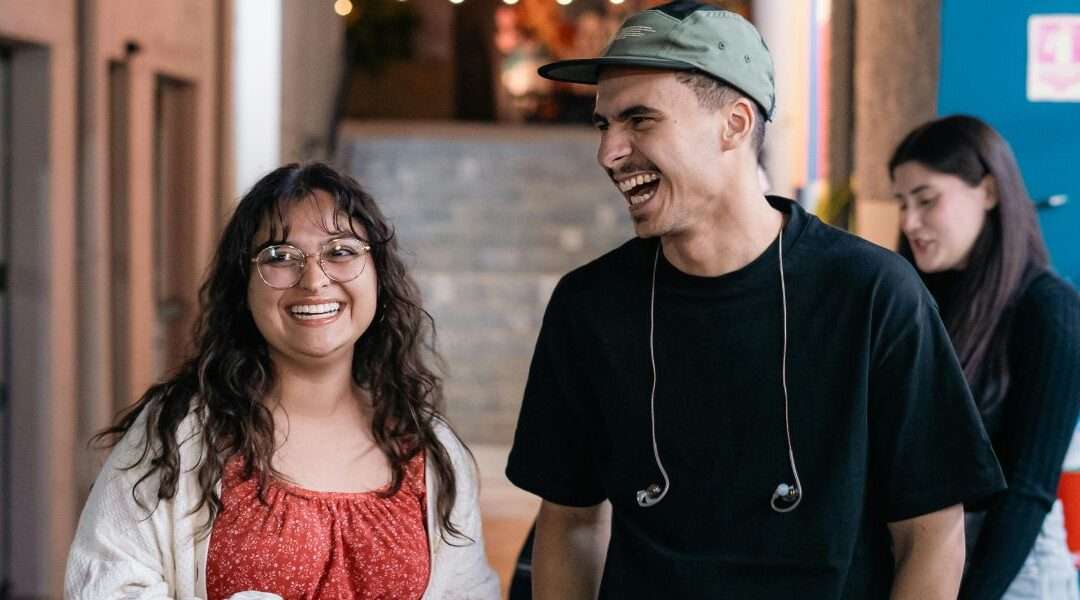You’re supposed to be figuring it out. Building your future. Finding your purpose. Falling in love. Living your best life—at least according to social media.
But instead, you’re burnt out after just one Zoom interview. You’re texting someone who won’t commit. You’re asking yourself, Is this it? Is this who I am? Is something wrong with me for not knowing?
Welcome to being a young adult in the modern world.
At Avena Psychological Services, we work with people in their late teens and twenties every day—and what we hear, over and over, is this: Why does no one talk about how hard this actually is?
The truth is, stress in young adults is at an all-time high. And it’s not because you’re doing something wrong—it’s because you’re doing your best in a world that doesn’t always make it easy to grow up.
Let’s unpack what’s really going on beneath the surface: the mental load, the decision fatigue, the identity crises, and the constant pressure to be more. You’re not crazy. You’re overwhelmed—and we see you.
What is the highest source of stress for young adults?
When we talk about stress in young adults, we’re not just talking about occasional nerves before an exam or job interview. We’re talking about a chronic, low-grade panic that follows you through every decision, interaction, and “what if.”
The biggest source of stress? Uncertainty.
Uncertainty about:
- Career – Am I on the right path? What if I chose wrong? Will I ever be financially stable?
- Relationships – Are we dating or not? Will I ever find someone who gets me?
- Identity – Who am I, really? What do I believe? How do I define myself outside of school or my family?
- The future – Will I be okay? Is the world even okay?
Add to that student loans, climate anxiety, social comparison, and a job market that feels like musical chairs, and it’s no wonder stress in young adults is so high.
You’re not just trying to grow up—you’re doing it in the middle of a global identity crisis. And that’s a lot to hold.
What are the main causes of stress in young people?
Everyone experiences stress differently, but there are some common threads that show up again and again when we talk to young adults.
Here are some of the most frequent causes of stress in young adults:
- Career pressure: The need to “figure it out” early and fast, despite a constantly changing job landscape.
- Academic expectations: From GPA anxiety to imposter syndrome, school often becomes a pressure cooker.
- Social media: Constant comparison, performance, and fear of missing out—all on a loop.
- Unstable relationships: The rise of situationships, ghosting, and non-committal dating dynamics leaves many feeling emotionally drained.
- Financial insecurity: The cost of living is up, wages are not. Many young people are working more and earning less.
- Loss of structure: Leaving high school or college means losing built-in routines, support, and identity anchors.
If you’re feeling untethered, it’s not because you’re not trying—it’s because so many of your anchors are shifting at once. And that’s exactly why stress in young adults feels so uniquely intense.
You’re expected to have answers before you’ve even had the space to ask questions.
Why are Gen Z so stressed?
Gen Z gets a lot of criticism—too sensitive, too online, too anxious. But at Avena, we see something different: a generation that’s incredibly self-aware, emotionally literate, and deeply impacted by the world around them.
So why is stress in young adults, especially Gen Z, so high?
Let’s take a look:
- They grew up in crisis: From 9/11 to COVID-19, Gen Z has never known a world without uncertainty.
- They’re hyperconnected: Social media, while powerful, has created 24/7 exposure to global suffering, social pressure, and curated perfection.
- They’re paying attention: Gen Z is more likely to care about justice, mental health, and the environment—which is empowering, but also emotionally exhausting.
- They’ve seen the cost of burnout: Watching millennials overwork and under-earn has made many Gen Zers more cautious—but also more anxious.
- They’re still human: No amount of TikTok therapy can replace real-life connection, support, and healing.
Gen Z isn’t broken. They’re navigating an overwhelming world with fewer resources and higher expectations.
That’s not failure—it’s resilience in the making.
At what age does stress peak?
There’s no single “peak” age for stress—everyone’s journey is different. But research (and our experience at Avena) suggests that stress in young adults often hits its highest point between ages 18 and 29.
Why? Because this is the decade of transition.
You’re:
- Leaving behind childhood roles
- Trying to build an adult identity
- Navigating first jobs, first loves, first big decisions
- Figuring out how to live independently—financially, emotionally, and mentally
There’s no roadmap. Just a million possibilities, and the pressure to “get it right.”
It’s no surprise that this stage comes with spikes in anxiety, depression, and burnout. You’re doing the internal work of building a life, often with limited support and very little room to fall apart.
But here’s the good news: therapy can help you find clarity, build confidence, and stop spinning your wheels trying to be perfect.
You don’t have to have it all figured out. You just have to keep showing up for yourself.
Final Thoughts: You’re Allowed to Be a Work in Progress
If you’re feeling overwhelmed by career pressure, unsure about your relationships, or constantly questioning who you are—it doesn’t mean you’re behind.
It means you’re human. And growing.
Stress in young adults is real. It’s not just about being busy or tired. It’s about trying to build a self while the world around you keeps shifting. And that deserves more care, not more criticism.
At Avena Psychological Services, we support emerging adults navigating these messy, beautiful, in-between years.
Whether you’re burned out from job hunting, exhausted by dating, or just need a space to ask, What am I doing with my life?—we’re here.
You don’t have to have all the answers. You don’t have to perform stability you don’t feel. You just need a place where your stress is taken seriously—and where healing can begin.
So if you’re feeling stuck, uncertain, or overwhelmed, know this: you are not behind. You are becoming.
And you’re allowed to ask for help along the way.
Meet The Therapists You'll Work With & Get Scheduled Today!

Michael Cruz, LMHC
Licensed Mental Health
Counselor – NY

Luisa Enriquez, LSW
Licensed Social Worker – NJ

Katalin Vinczi-Sierra, LCSW
Licensed Clinical Social Worker – NJ
Contact us to schedule an appointment with a professional in New York or New Jersey.

